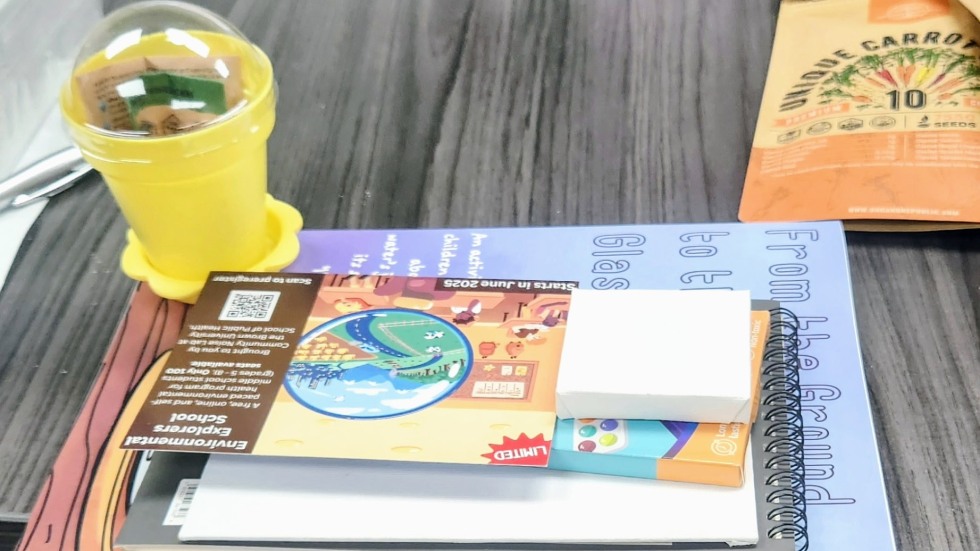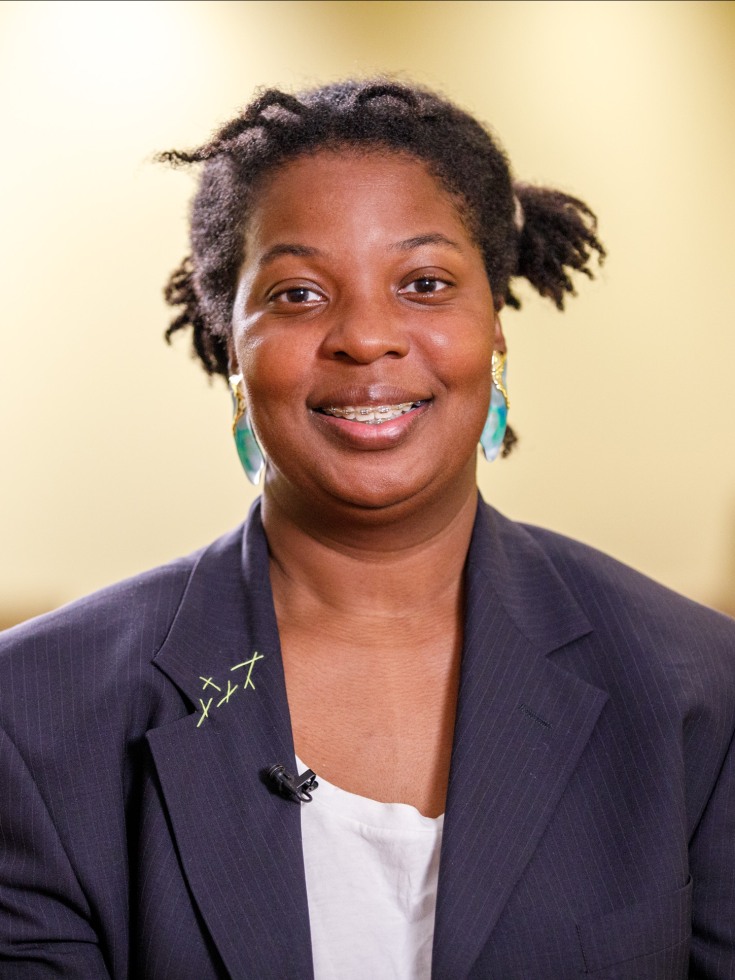This summer, a group of middle school students from across the country are diving into environmental health topics thanks to a free, self-paced, online program from the Brown University School of Public Health.
Launched in June 2025, the program, called the Environmental Explorers School, was created by the Community Noise Lab with students from the Health Equity Scholars program. The online summer course modules cover topics from air and water quality, to noise pollution and public transportation. The curriculum includes short video lectures, quizzes and hands-on community activities designed to help students connect their learning to their own neighborhoods. The goal is to introduce young students to the world of public health and, in particular, to environmental health.
“Typical science classes only have room to cover specific earth or physical science materials, but there is so much more in science especially looking at environmental health,” said Jacqueline Larson GS, a Health Equity Scholar who co-developed the program. “Learning about the different issues, like illegal dumping or water contamination, can lead to exposure to new careers and job interests. It helps students become more rounded in the sciences, and could potentially become an interest they pursue, or even study in college.”

